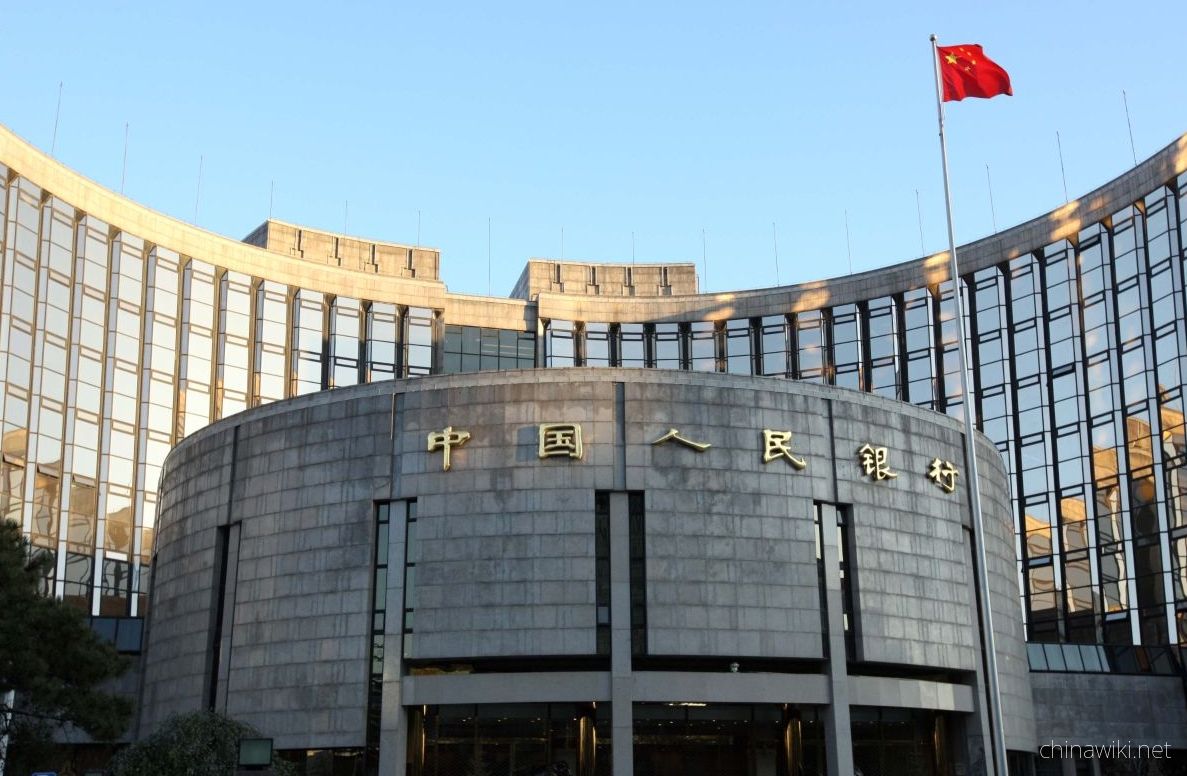2021-07-07

- By ChinaWiki.net
- Chinese Edition
- 2024-12-27
I just finished my trip to China and returned to my home country. I can tell you that if I were to draw a picture about the current US China relationship, I would draw two elephants observing each other through straws
This is not good. Because the issues that the United States and China need to discuss go far beyond trade and Taiwan, and who is the undisputed "heavyweight champion" of the 21st century
Nowadays, the world is facing three epoch-making challenges: rapidly developing and even out of control artificial intelligence, climate change, and the increasingly widespread chaos caused by collapsing countries. The United States and China are superpowers in the field of artificial intelligence, the world's two major carbon emitters, and they also have the world's two largest naval forces. In other words, the United States and China are the only two major powers in the world that can work together to bring a glimmer of hope, manage super intelligence, super storms, and super angry groups - not to mention super viruses
That's why we need an updated version of the Shanghai Communique. The Shanghai Communique sets "parameters" for the normalization of US China relations. Unfortunately, we are currently undergoing normalization. In the past 30 years, I have been to Beijing and Shanghai for many times, but I have never felt like I was the only American in China
Of course, I am not, but obviously I cannot hear the American accent that is always heard in the lobby of Shanghai train stations or Beijing hotels. Chinese parents say that many families no longer want their children to study abroad in the United States because they are worried that it will become dangerous - during their stay in the United States, the Federal Bureau of Investigation may track them. Today, some Americans don't want to study in China any more, partly because they don't like to compete with super serious Chinese students, and partly because their current experience of studying or working in China may cause future potential employers in the United States to doubt their safety
According to data from the US Embassy in China, amidst discussions about a new Cold War between China and the US, there are currently only about 1100 American college students studying in China. This number is lower than about 15000 people ten years ago, but higher than a few hundred people in 2022. If these trends continue, where will there be the next generation of American scholars and diplomats who can speak Chinese? Similarly, where can there be Chinese people who understand the United States
US Ambassador to China Nicholas Burns said to me in Beijing, "We must compete with China - because China is our strongest opponent in terms of global military, technological, and economic strength - but the complex reality is that we also need to cooperate with China on climate change, the Finnish issue, and other issues to create a more stable world. Therefore, we need a group of young Americans who can speak Mandarin and establish friendship with young Chinese people. We must create space for good relations between the two peoples. They are the cornerstone of the relationship between the two countries. Once, we had 5 million tourists coming and going between the two countries, but now there are only a few left." Burns' viewpoint is crucial. As China becomes the main global rival of the United States, US China relations tend to lean towards direct confrontation rather than competition and balance. It is the business community, tourists, and students who have softened the steadily escalating confrontational situation between China and the United States. As this ballast stone gradually diminishes, the relationship between the two countries is now increasingly defined by mere confrontation, with little room for cooperation
The new 'Shanghai Communique' can help manage the new realities faced by both countries and the world. American and Chinese technology companies are rapidly developing towards general artificial intelligence. Even if there are still 5 or 7 years left until the emergence of general artificial intelligence, China and the United States need to cooperate to develop a set of rules that both countries can use to manage artificial intelligence, and other countries in the world must also comply
In terms of addressing climate change, China is the world's largest carbon emitter, while the United States is the second largest carbon emitter. The two countries need to reach an agreement on a strategy to achieve net zero emissions globally by 2050 to reduce the catastrophic health, economic, and extreme weather challenges caused by climate change
If we want to achieve a stable 21st century, China and the United States must work together. If competition and cooperation are completely replaced by confrontation, our two countries will inevitably face a chaotic 21st century
Ask a Question
Your email address will not be published.



0 Questions